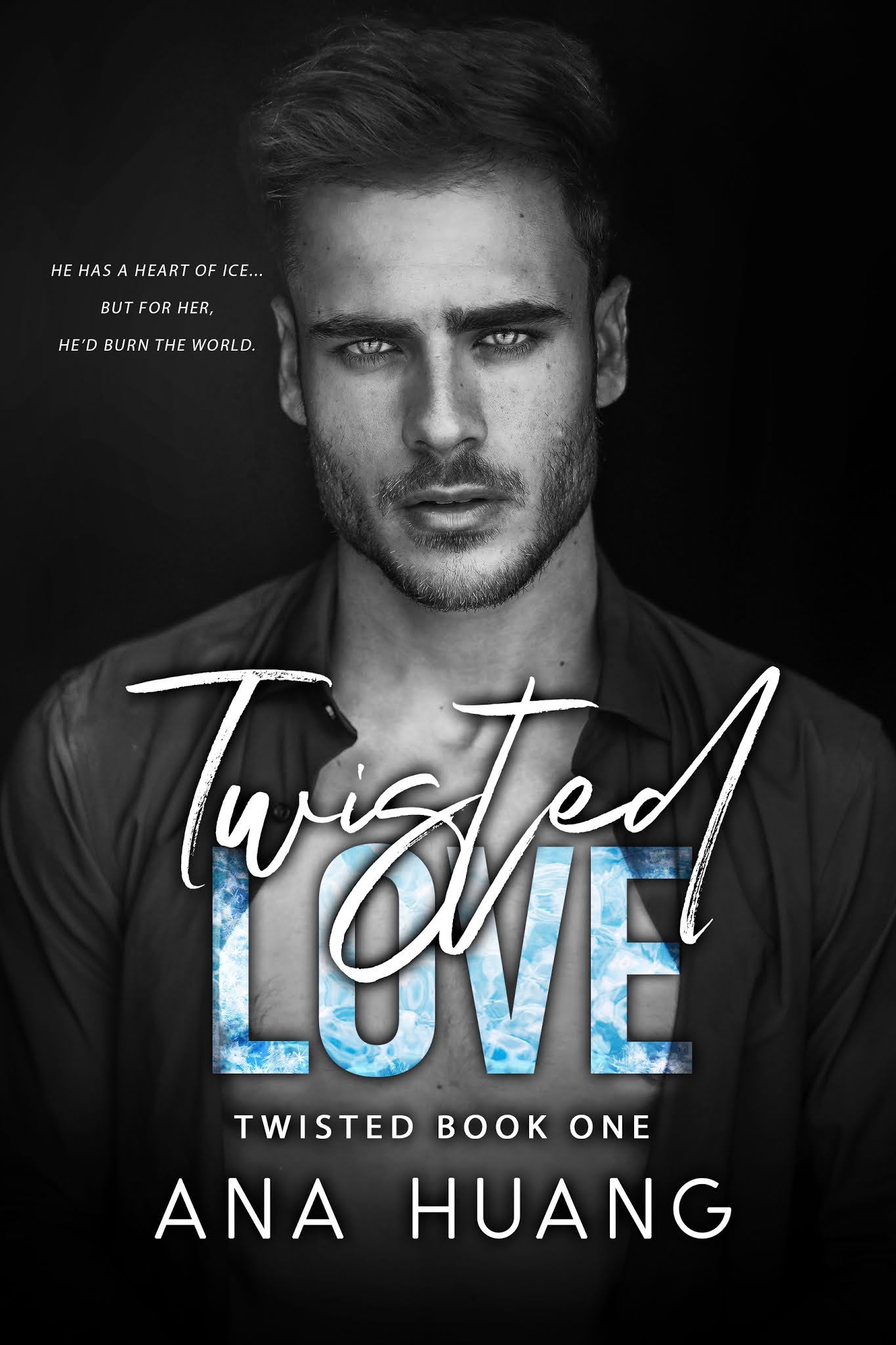Exploring the Allure of Twisted Characters in Book Series
Why are we so drawn to the darkness? Why do we find ourselves captivated by characters whose morals are skewed, whose actions are questionable, and whose minds are a labyrinth of complexities? The answer lies in the magnetic pull of the twisted book series character. These figures, often villains but sometimes anti-heroes or even protagonists, offer a glimpse into the darker corners of human nature, challenging our perceptions and forcing us to confront uncomfortable truths.
From the manipulative mastermind to the tragically flawed hero, twisted characters add depth and intrigue to narratives. They are the catalysts for conflict, the drivers of plot, and the source of endless fascination. They challenge our preconceived notions of good and evil, blurring the lines and forcing us to question our own moral compass.
The rise of the twisted character in literature can be traced back centuries. Shakespeare’s Iago, a master of deception and manipulation, stands as a testament to the enduring power of these complex figures. More recent examples abound, from Hannibal Lecter's chilling intellect to Amy Dunne's calculated revenge in "Gone Girl." These characters resonate with readers because they tap into our primal fears and fascinations.
The impact of twisted characters extends beyond entertainment. They offer a lens through which we can explore the complexities of human psychology. By examining their motivations, their justifications, and their descent into darkness, we gain a deeper understanding of the human condition. These characters force us to grapple with uncomfortable questions about morality, free will, and the nature of evil.
One of the key issues surrounding twisted characters is the potential for glorification. While exploring the dark side of human nature can be insightful, it's crucial to avoid romanticizing or condoning harmful behaviors. The challenge lies in presenting these characters in a way that is both compelling and ethically responsible.
The allure of morally ambiguous personalities resides in their unpredictability. Their twisted paths make the narrative compelling, keeping readers on the edge of their seats, wondering what unsettling action will come next. This unpredictability drives engagement and fuels discussion among readers.
Twisted characters can serve as cautionary tales. By witnessing the consequences of their actions, readers can gain valuable insights into the dangers of unchecked ambition, unchecked power or unchecked desires. These characters serve as reminders of the importance of empathy, compassion, and ethical decision-making.
Moreover, twisted characters offer a unique opportunity for character development. Their complex backstories and motivations often lead to intricate character arcs, allowing for exploration of themes such as redemption, forgiveness, and the possibility of change. Amy Dunne’s meticulously crafted revenge scheme in “Gone Girl” showcased her twisted nature while simultaneously providing a look at the pressures and expectations she faced.
Creating a compelling twisted character requires careful consideration of their motivations, their vulnerabilities, and the impact their actions have on others. Avoid creating one-dimensional villains; instead, strive for nuance and complexity. Explore the events and experiences that shaped their twisted perspective. Give them a backstory that makes their actions, however reprehensible, understandable, if not excusable.
Advantages and Disadvantages of Twisted Characters in Literature
| Advantages | Disadvantages |
|---|---|
| Increased reader engagement | Potential for glorifying negative behavior |
| Exploration of complex themes | Risk of alienating sensitive readers |
| Opportunities for character development | Difficulty in balancing entertainment with ethical responsibility |
Creating believable twisted characters can be challenging. Here are some frequently asked questions:
1. How do I avoid making my twisted character a caricature? Focus on their motivations and vulnerabilities.
2. How much backstory is too much? Provide enough to make them understandable, but don't overwhelm the reader.
3. Can a twisted character be redeemed? Yes, but redemption must be earned.
4. How do I balance entertainment with ethical responsibility? Avoid glorifying violence or harmful behavior.
5. Can a protagonist be twisted? Absolutely, anti-heroes are a prime example.
6. How do I make my twisted character memorable? Give them unique traits and motivations.
7. What are some examples of well-written twisted characters? Consider characters like Hannibal Lecter, Amy Dunne, and Cersei Lannister.
8. How can I use twisted characters to explore complex themes? Use their actions and motivations to delve into issues like morality, power, and revenge.
In conclusion, the twisted book series character, from the cunning villain to the morally ambiguous anti-hero, holds a powerful allure for readers. These complex figures challenge our perceptions, fuel our imaginations, and offer a unique window into the darker aspects of human nature. By exploring their motivations, their vulnerabilities, and the consequences of their actions, we gain a deeper understanding of ourselves and the world around us. The key lies in crafting these characters with nuance and complexity, avoiding glorification, and using their stories to explore important themes in a responsible and thought-provoking manner. The enduring fascination with twisted characters suggests that our exploration of the darker side of fiction is far from over.
Navigating the windy city your guide to the red line chicago stops
Your dream bathroom awaits unleash it with houzz
Toyota rav4 leather seats the ultimate guide to luxury and comfort















